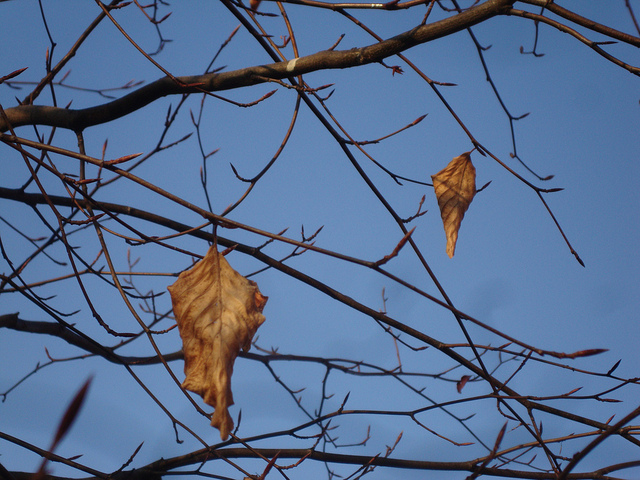Lent: wholeheartedly to God
Ashes
This morning we were all reminded that we are dust and to dust we shall return. This elementary truth imbues fear and particularly looms above all who work to spread death with their homicidal philosophies. This truth must have been unpleasant especially for the heads of States who dragged us into war which destroyed our homes, caused our dead to be grabbed from the tombs and reduced to ashes in front of us, and transformed the earth itself into an urn.
Instead the Church reminds us of this fact precisely to boost life. Since if a man considers what he materially is, he will no longer give idolizing importance to material things: wealth, vital space, territories, raw materials, markets… He would value them for what they are worth: as a means for living and not for killing …
If all the Statesmen would meditate on this truth, they would see how much we kill for nothing, that hatred is stupid, war is foolish, peace is vital, and that is how they really are, and not the VIPs, the leaders that believed themselves to be gods, while they were but the poor jesters of the Beast.”
Igino Giordani, Feast Days, SEI, Turin, 1954, pp.62-63.
A simple and important fact: you my brother and I, in the end, with our arrogance, riches, and clean or dirty clothes, will turn to ashes. You and I think we are the power stations of the universe, and a yet a contraction of the heart will make us hit the bucket, or a fetid cloud will enfold us in a crushing weight of silence. All these people will be with us: the poor creatures, tired of sustaining whatnots and cockades; ladies who strut about like queens because they received a bow from a knight and found a beauty cream at the perfume shop; brutes who think they have to rule the world with their pseudo-revolutionary fslogans or threaten to crack the heads of their enemies; and mothers-in-law and in-laws who trample on their relatives and humanity to grab a piece of land (a lot in the cemetery) a house or a cheque. Whether nice or ugly, important or insignificant, ministers, squires, labourers and clerks who kill themselves, often for nothing, and rack their brains as if they had to live forever, all will be there with us at the grand convention of worms.
Igino Giordani, Feast Days, SEI, Turin, 1954, p.64.

In an epitaph for himself, St. Pier Damiani warned: “Live by keeping death in mind, so that you may live forever. All of Christianity is a gift of life, a recovery and increasing life, and a victory over death. The Church reminds us of this reality, especially those who do not live like a chest in the luggage compartment, brought everywhere on a boat, and does so with its Memento homo, so that man may draw the consequences which means setting up the defenses so as not to end up in eternal death – and orient the resources of immortality to later be reborn from the ashes.
Igino Giordani, Feast Days , SEI, Turin, 1954, p.67.
The tomb is a wormy stage where, however, not all ends, but rather, begins. And the thought that over there, life begins from this or that an immortal death removes our fear of death, and opens the door to the home: one where we need not pay rent, and shall no longer be assailed by taxes. However, those who are allowed to enter are only those who have loved and forgiven, and those who have hated and perpetuated suffering are not allowed to enter. It is so because that is the home of love at its apex, and is perfect justice.
Igino Giordani, Feast Days, SEI, Turin, 1954, p.68.




